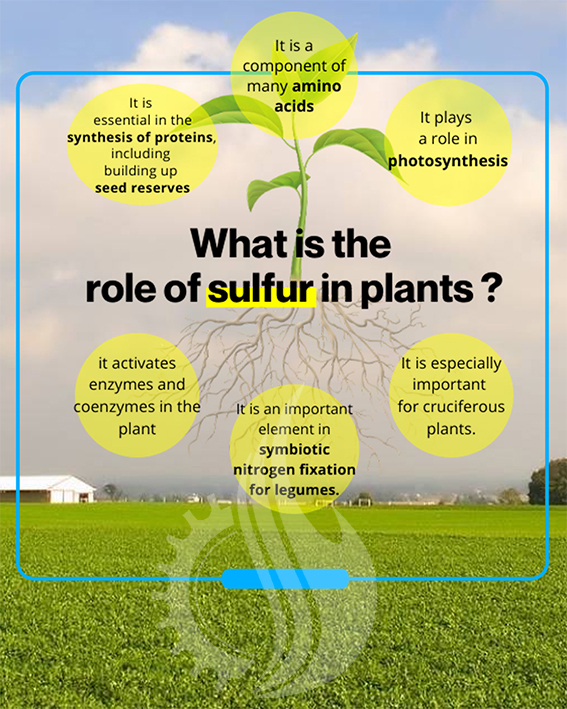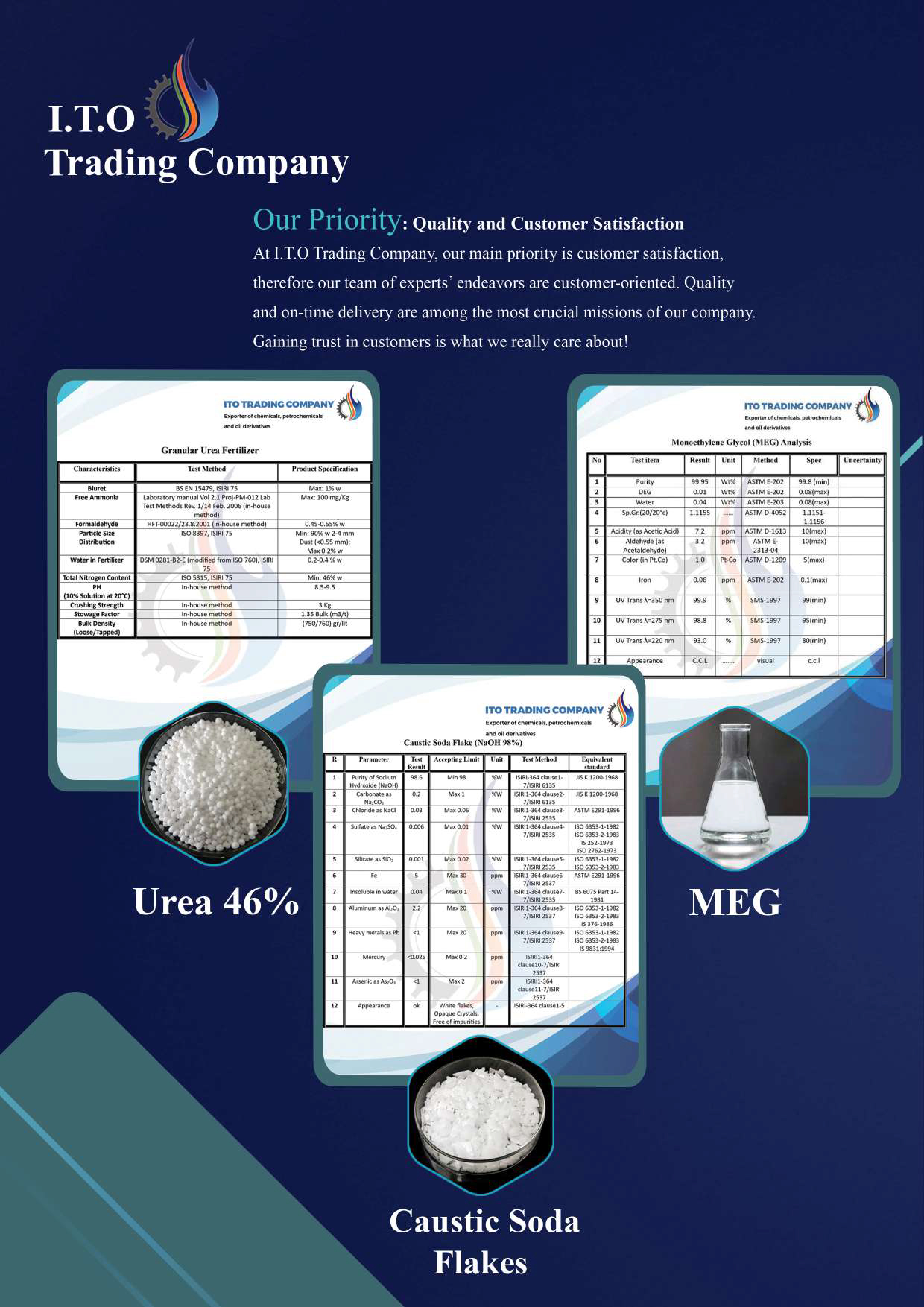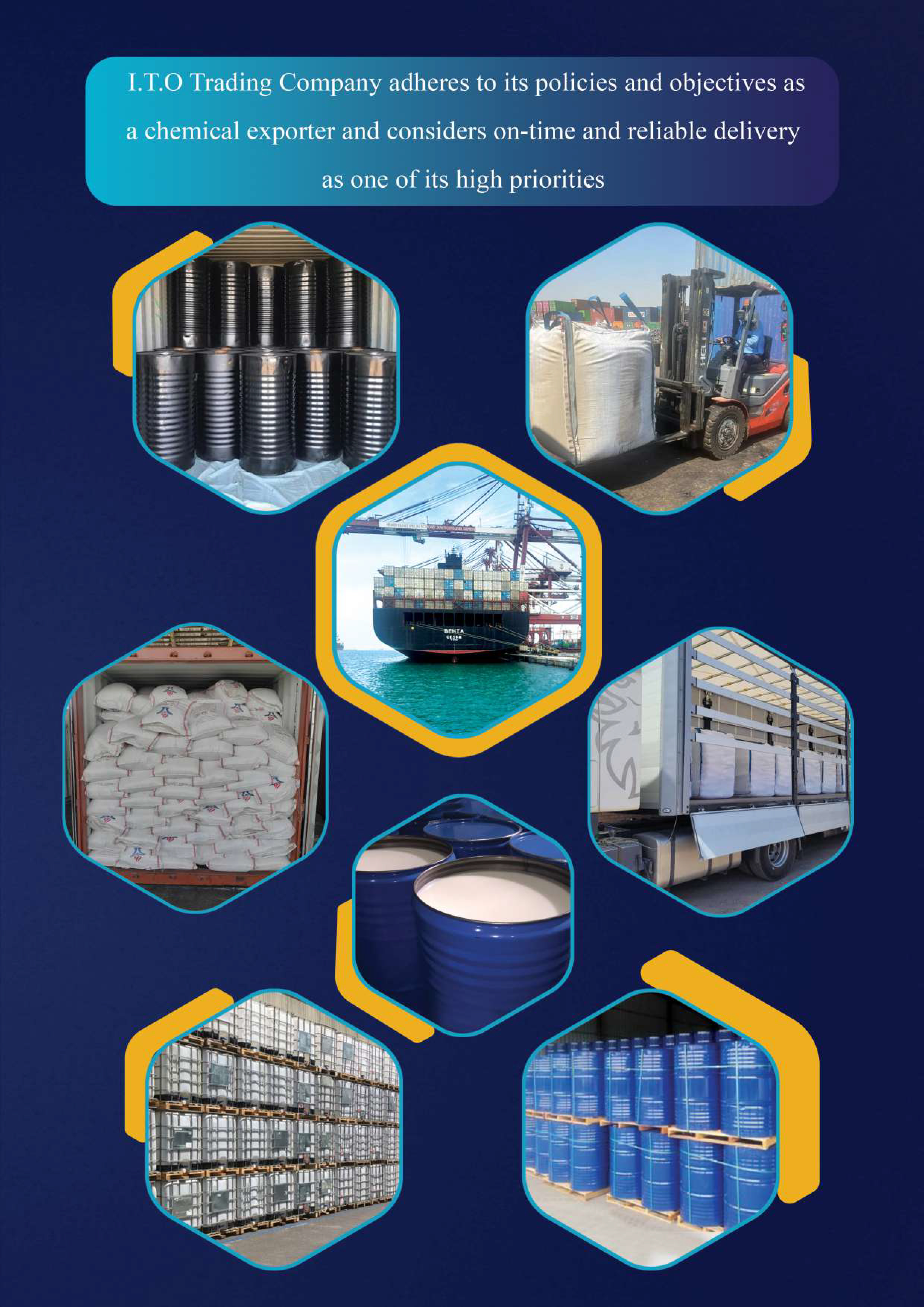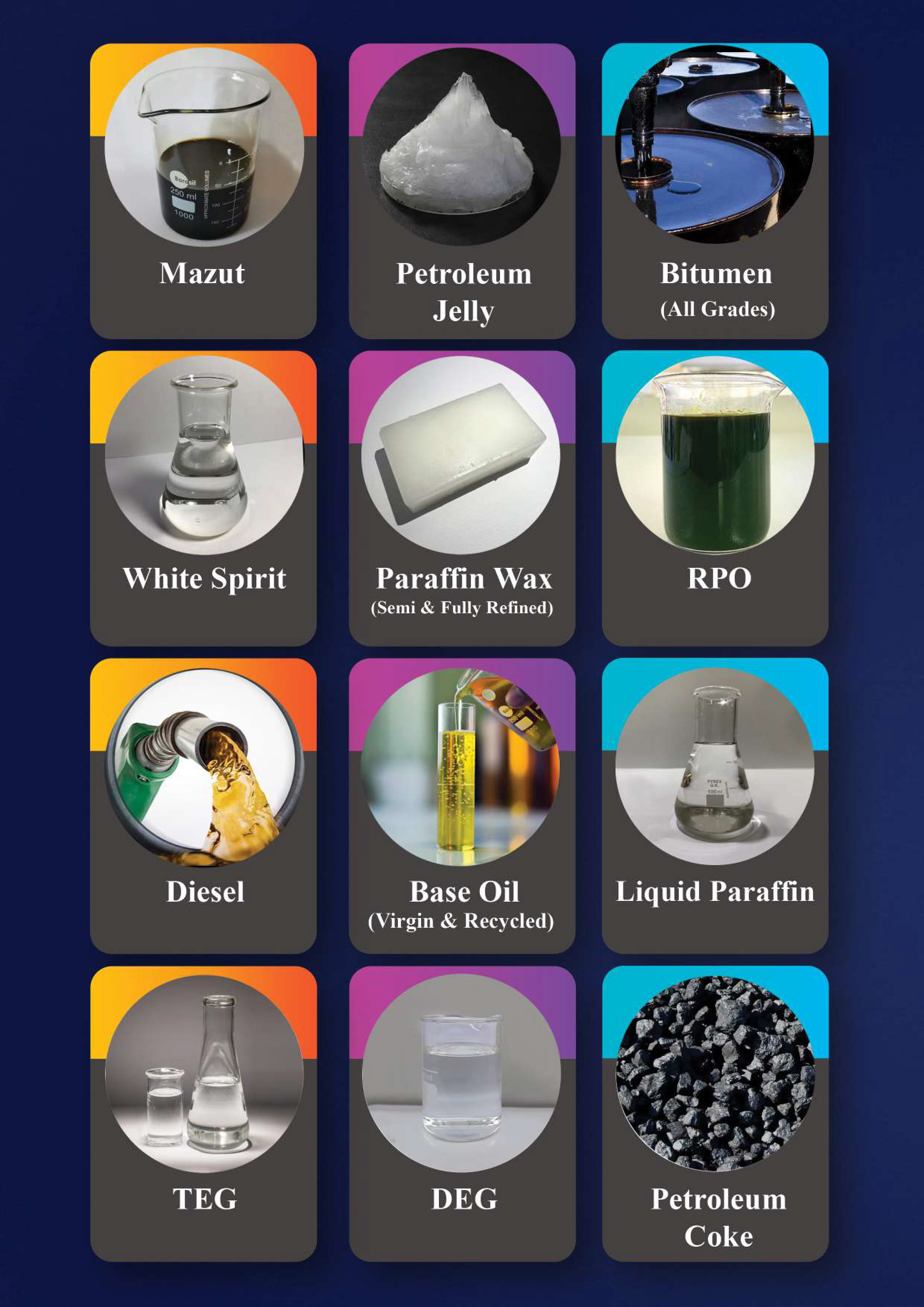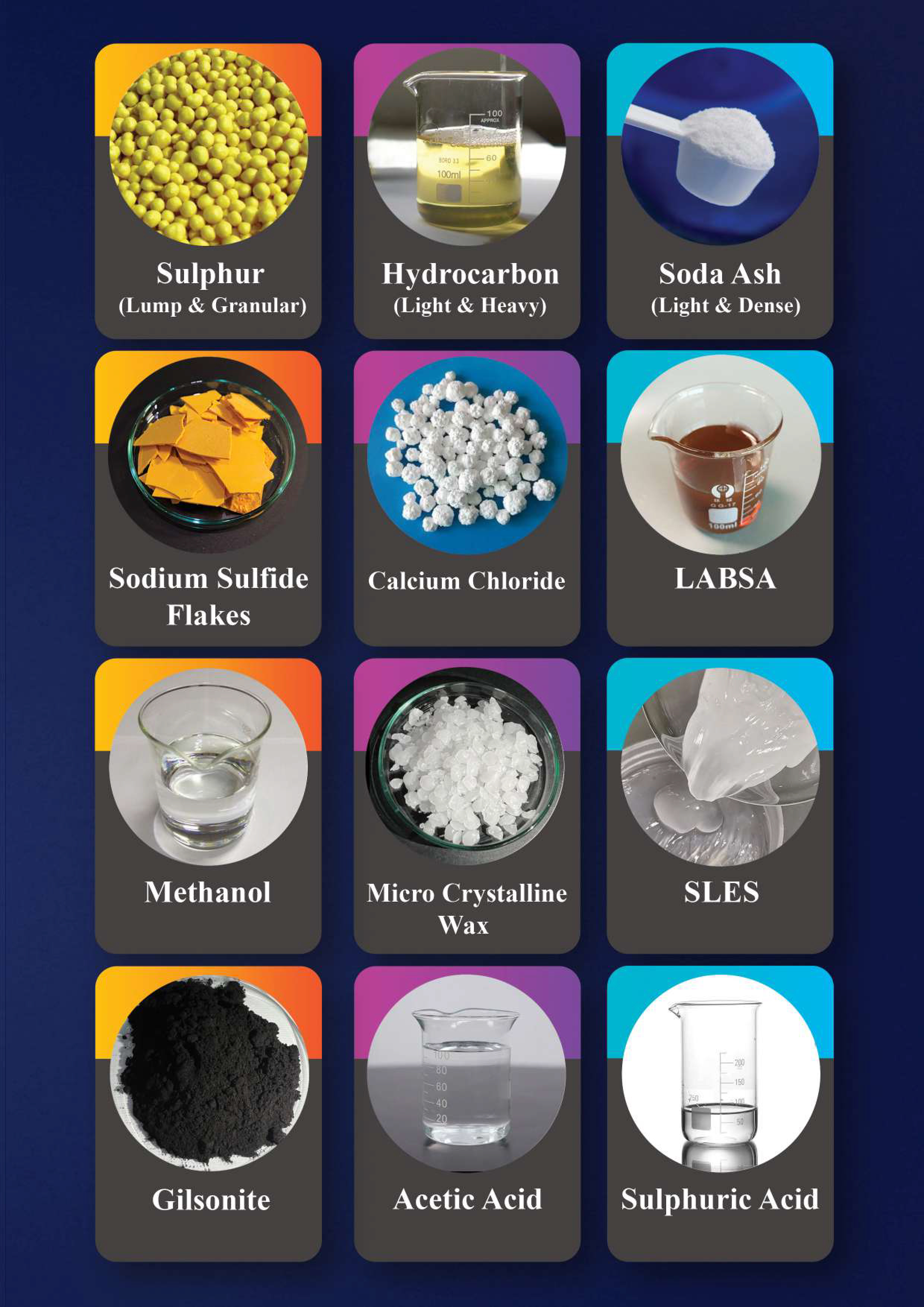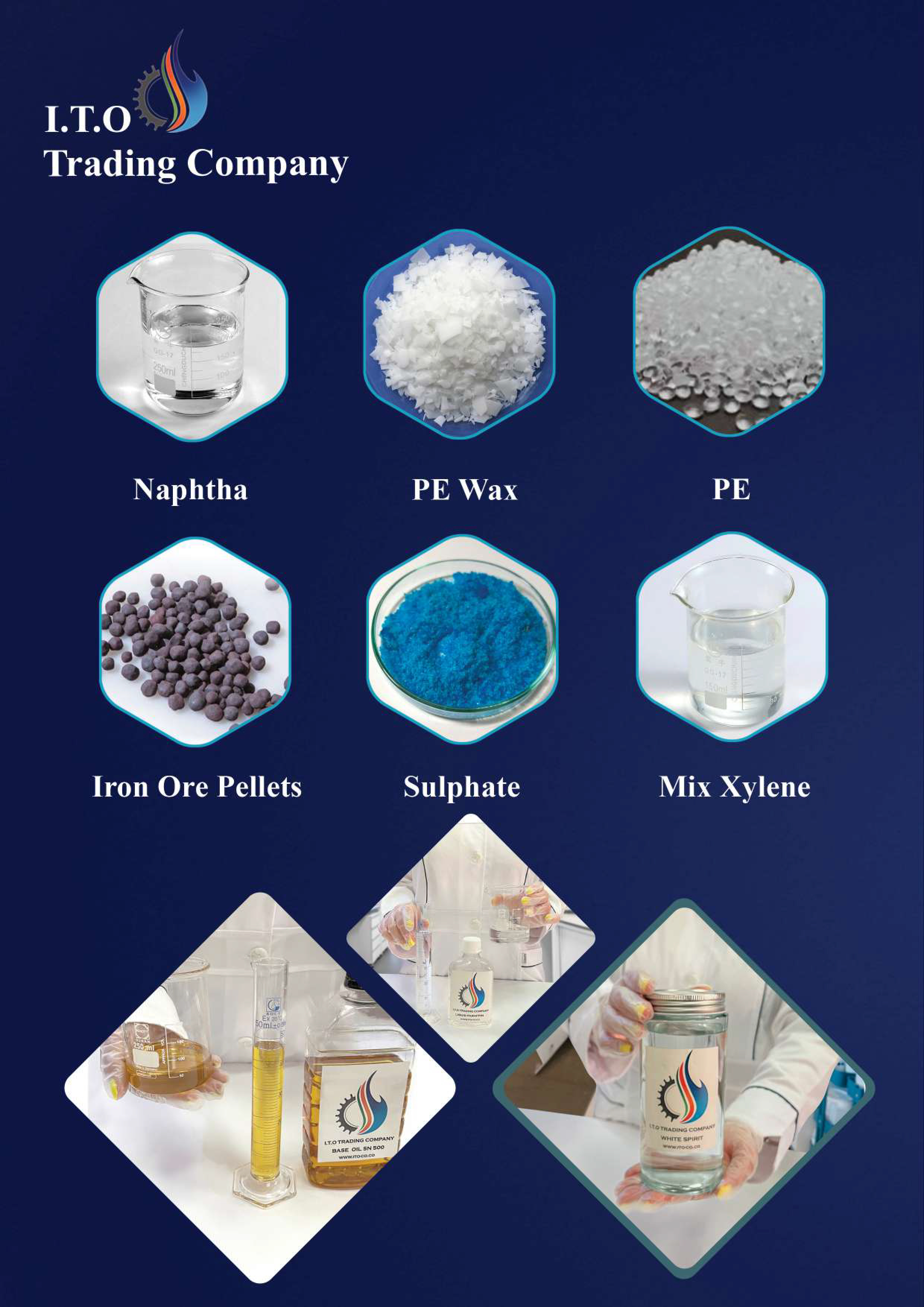Naphtha: The Multifaceted Fuel You Didn't Know You Needed
The energy landscape is witnessing a significant shift with the emergence of multifaceted fuels that are redefining the way we power our world. One such fuel is gaining attention for its versatility and potential to transform various industries.
Naphtha, a lesser-known petroleum-based product, is proving to be a game-changer. It is not only used as a fuel but also as a critical component in the production of various petrochemicals, making it a vital resource in the modern industrial landscape.
Definition and Basic Composition
Naphtha is generally defined as a volatile, flammable liquid hydrocarbon mixture. Its basic composition varies, but it typically consists of alkanes, cycloalkanes, and aromatic hydrocarbons. The specific composition of naphtha can differ based on its source and production process.
Types of Naphtha and Their Differences
Naphtha is categorized into different types based on its boiling point range and composition. The main types include light naphtha, heavy naphtha, and full-range naphtha.
Light Naphtha Characteristics
Light naphtha has a lower boiling point and is primarily used as a feedstock for petrochemical production. It contains a higher proportion of lighter hydrocarbons.
Heavy Naphtha Characteristics
Heavy naphtha, with a higher boiling point than light naphtha, is used in the production of reformate and as a feedstock for catalytic reforming. It contains more complex hydrocarbons.
Full-Range Naphtha
Full-range naphtha combines the characteristics of both light and heavy naphtha, making it suitable for various applications, including fuel production and petrochemical manufacturing.
Understanding the different types of naphtha and their properties is essential for utilizing this versatile hydrocarbon effectively in various industrial applications.
The Historical Journey of Naphtha Through Civilization
Naphtha has been a vital component in human civilization for centuries, with its uses evolving significantly over time. Its versatility and wide range of applications have made it an indispensable resource throughout history.
Ancient Uses and Discovery
Naphtha was first used by ancient civilizations, who valued it for its flammable properties. The earliest recorded use of naphtha dates back to around 600 BC, where it was used in warfare and as a fuel source. Its discovery marked the beginning of a new era in energy production and utilization.
Evolution in Industrial Revolution
The industrial revolution brought about a significant increase in naphtha's importance, as it became a critical feedstock for the production of chemicals and fuels. The development of new refining technologies enabled the extraction of various petroleum products, including naphtha, which played a pivotal role in the industrialization process.
Modern Development and Importance
Today, naphtha remains a crucial component in various industries, including petrochemical production, fuel blending, and as a solvent in manufacturing processes. Its importance is underscored by its role in the production of plastics, synthetic fibers, and other essential materials. As the global demand for energy and chemicals continues to evolve, naphtha's significance is likely to endure.
Physical and Chemical Properties of Naphtha
Naphtha's versatility stems from its unique combination of physical and chemical properties. Understanding these properties is crucial for handling, processing, and applying naphtha in various industrial contexts.
Chemical Composition and Structure
Naphtha is a complex mixture of hydrocarbons, primarily consisting of alkanes, cycloalkanes, and aromatic hydrocarbons. The exact composition can vary significantly depending on the source and refining process. This variability affects naphtha's properties and suitability for different applications.
Physical Characteristics
Naphtha's physical characteristics are critical for its handling and use. Key properties include boiling point, density, volatility, flammability, and solubility.
Boiling Point and Density
Naphtha's boiling point ranges from approximately 30°C to 200°C, depending on its specific composition. Its density is typically less than that of water, ranging from 0.6 to 0.8 g/cm³. These properties influence its evaporation rate and storage requirements.
Volatility and Flammability
Naphtha is highly volatile and flammable, making it a potential fire hazard if not handled properly. Proper ventilation and safety measures are essential when working with naphtha.
Solubility Properties
Naphtha is generally insoluble in water but soluble in various organic solvents. This property makes it useful in applications requiring solvents for non-polar substances.
Safety Considerations and Handling
Handling naphtha requires careful attention to safety due to its flammability and potential health risks. Proper storage, handling, and personal protective equipment are crucial to mitigate these risks. Facilities handling naphtha must adhere to strict safety protocols and regulations to ensure a safe working environment.


